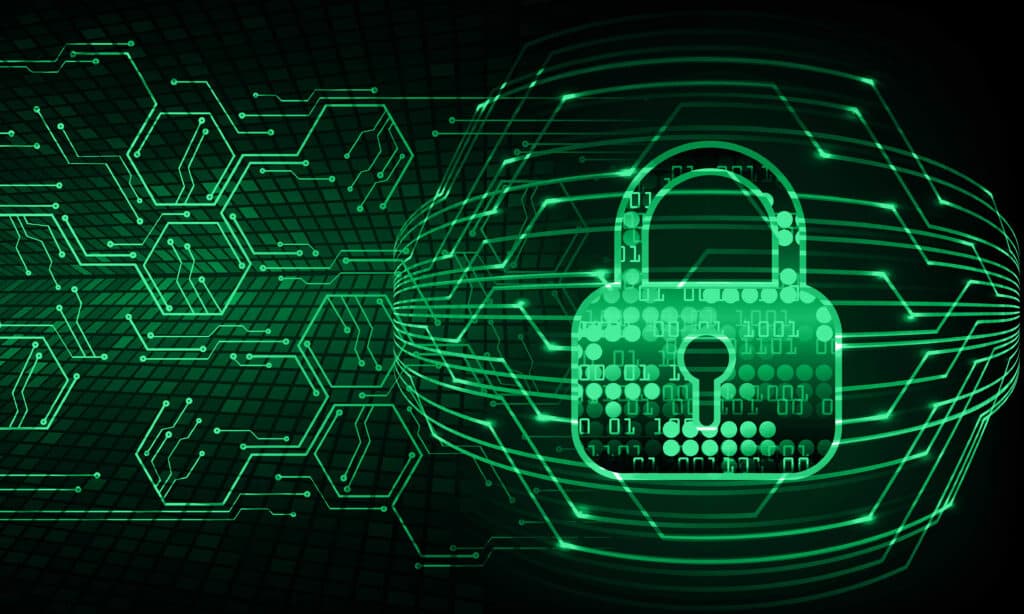In today’s world, information security has become one of the key challenges for any business. Small companies, startups, and large corporations are increasingly facing threats that can not only disrupt their operations but also lead to serious financial and reputational losses. Personal data breaches, corporate network intrusions, spyware, and phishing are no longer rare but rather everyday occurrences, especially for those operating in the digital environment. In the Czech Republic, as throughout Europe, there is growing interest in effective cybersecurity tools — from basic antivirus software to complex solutions with artificial intelligence elements.
Why Cybersecurity Is More Relevant Than Ever
The technological landscape is evolving rapidly, and so are the methods used by cybercriminals. Hackers employ increasingly sophisticated techniques to gain access to confidential information — from phishing emails to targeted attacks on business platforms. Companies working with client databases, payment systems, and user accounts are especially vulnerable.
A typical example is the online entertainment sector. For instance, nove ceske online casino or streaming platforms employ high-level protection — transaction encryption, two-factor authentication, and constant activity monitoring. This has become an industry standard, and businesses in other sectors would do well to follow the example of such platforms, where data protection is not a formality but a matter of survival.
How to Choose Reliable Security Software
It’s impossible to secure data relying solely on antivirus programs. Comprehensive cybersecurity requires a multilayered approach — from network monitoring and encryption to staff training and data backup. Below are the key areas and types of software that help effectively deal with threats.
Antivirus and Anti-Spyware Software
This is the basic level of protection, without which no company should operate. Reliable solutions from trusted developers such as Bitdefender, ESET, Kaspersky, or Norton can detect malicious files, block phishing links, and alert users to attempts to access confidential data. For businesses in the Czech Republic, localized antivirus versions that support the Czech language and comply with European GDPR standards are especially relevant.
VPN and Data Encryption
With the rise of remote work, protecting employee connections to corporate networks has become critical. VPN services encrypt traffic and hide IP addresses, reducing the risk of data interception on public networks. Using protocols like OpenVPN or WireGuard, combined with multifactor authentication, significantly lowers risks.
Access Control and Password Management Systems
Passwords remain one of the weakest links in security. Password managers like LastPass, 1Password, or Bitwarden generate complex combinations and store them in encrypted form. Access control systems, including Microsoft Azure AD or Okta, allow for granular permission settings and automatic blocking of suspicious actions.
Corporate Firewalls and Network Activity Monitoring
Firewalls have long outgrown being mere router functions. Modern software and hardware firewalls provide deep traffic analysis, application-level filtering, and intrusion prevention (IDS/IPS). Solutions from Palo Alto Networks, Fortinet, or Sophos enable businesses in the Czech Republic to monitor hacking attempts in real time and automatically block suspicious activity.
Data Backup and Recovery
Data leaks are not the only threat. Cyberattacks are often aimed at destroying data, particularly in the case of ransomware. That’s why backups are a critical part of any security strategy. Solutions like Acronis, Veeam, or Synology allow for local and cloud backups with regular automation of the process.
Social Engineering and Staff Training
No software will help if employees fall victim to phishing emails or accidentally download malicious files. Educational platforms and cybersecurity training are becoming an essential part of corporate culture. More and more companies are conducting simulated attacks and training staff to respond to threats. In the Czech Republic, services like KnowBe4 are gaining popularity, enabling companies not only to educate but also to test employees’ digital hygiene levels.
Local and Global Security Standards
It’s important to remember that reliable data protection is not only a technical but also a legal matter. EU legislation (including GDPR) requires companies to be transparent in the storage and processing of user data. Using certified software and complying with international standards (ISO/IEC 27001, NIST) builds customer trust and reduces the risk of fines.
Conclusion: Digital Security Is Not an Option, but a Necessity
The digital environment demands digital responsibility. This is especially true for those who handle large volumes of personal data or process online payments. Online businesses, including gaming platforms and entertainment services such as online casinos, are already setting examples of high-level security worth emulating. Using modern software solutions is an investment not only in safety but also in a company’s reputation — something particularly important amid growing competition and tightening privacy requirements in the Czech Republic and across Europe.


